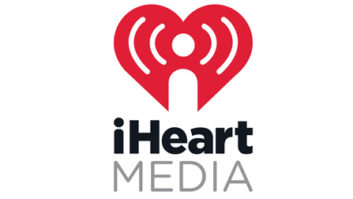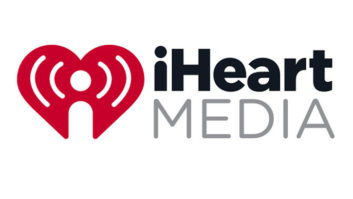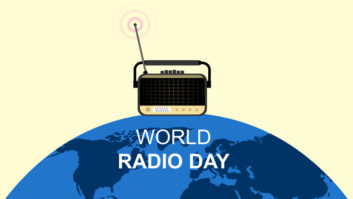 Recriminations and speculation are two words of the day as we in the radio trades, as well as the nation’s media at large, get our minds around the scale of iHeartMedia’s “transformation” this month.
Recriminations and speculation are two words of the day as we in the radio trades, as well as the nation’s media at large, get our minds around the scale of iHeartMedia’s “transformation” this month.
Cleveland.com has a lengthy article that captures many of the gut-wrenched reactions that people in radio have had. The iHeart announcement “felt different” to industry observers, “like a seismic shift, raising an alarm that perhaps, this time, radio as we know has passed the point of no return,” it reported.
The author of that article believes the number of layoffs was about 1,500; other estimates have been around 1,000. There’s been no confirmed total reported by the company; various counts make it clear there have been at least many hundred people put out of work. (Many reported cuts have been on the programming side; among the unanswered questions are how many engineers and technical positions were affected.)
Cleveland.com lists the familiar challenges to radio including the popularity of streaming and the habits of younger listeners, but also comments on radio’s resiliency over time and its ongoing large overall number of listeners. It notes that Sen. Sherrod Brown has written to iHeart questioning the layoffs in the face of large compensation packages to company executives.
[Read about the technology strategy underpinning iHeart’s “transformation”]
The article summarizes fears that iHeart will use automation and artificial intelligence to run its operations as “a radio station in a closet.” This is a longtime worry of supporters of localism who saw elimination of the main studio rule as removing a regulatory bulwark, allowing operation by “only a few people on the ground and a room full of hard drives,” or even just a tiny sales office with a sign on the door in a community. Cleveland.com quotes longtime radio observer and industry critic Jerry Del Colliano speculating: “You go into a Cleveland radio station, there won’t be any studios. They could be at a WeWork location.”
The company pushed back in a statement to Cleveland.com: “The most important responsibility we have is to the communities we serve. We will continue to serve every local community in which we operate just as we always have.”
But that article ends with speculation that where iHeart goes, others will follow. Del Colliano gloomily said, “This is the end of local radio as we know it.”
A NECESSARY PIVOT?
The Washington Post followed with a writeup of its own with a headline that iHeart “said its mass ‘employee dislocation’ was necessary as it pivoted to AI. But others say it’s the company’s human leaders who deserve the blame.”
This article focused in part on the human impact but summarizes the business rationale this way: “The dominant player in U.S. radio, which owns the online music service iHeartRadio and more than 850 local stations across the United States, has called AI the muscle it needs to fend off rivals, recapture listeners and emerge from bankruptcy. The company, which now uses software to schedule music, analyze research and mix songs, plans to consolidate offices around what executives call ‘AI-enabled Centers of Excellence,” the Post reported. “The company’s shift seems in line with a corporate America that is increasingly embracing automation, using technological advances to take over tasks once done by people, boosting profits and cutting costs. The workplace transformation is typically reduced to a symbol: a robot stealing a human’s job.”
The Post quoted iHeartRadio spokeswoman Wendy Goldberg saying the cuts showed how iHeartMedia was shifting “jobs to the future from the past,” adding data analysts, podcast staff and other digital teams to help transform the company into a “multiplatform” creator and “America’s #1 audio company.” She told the Post: “We do not intend to be one of those companies that stayed in the past, and the world passed it by. Change is painful and change is hard — but consciously choosing not to change is not an option for a company that is going to continue to grow and compete.”
Radio World has renewed its request to iHeartMedia for interviews with company executives about its announcement and will report any outcomes. The company declined to comment to RW earlier.
Also worthy of a fresh read is this 2018 interview with iHeart’s Chris Williams, which touched on the themes of artificial intelligence and what iHeart was planning to do with it.







